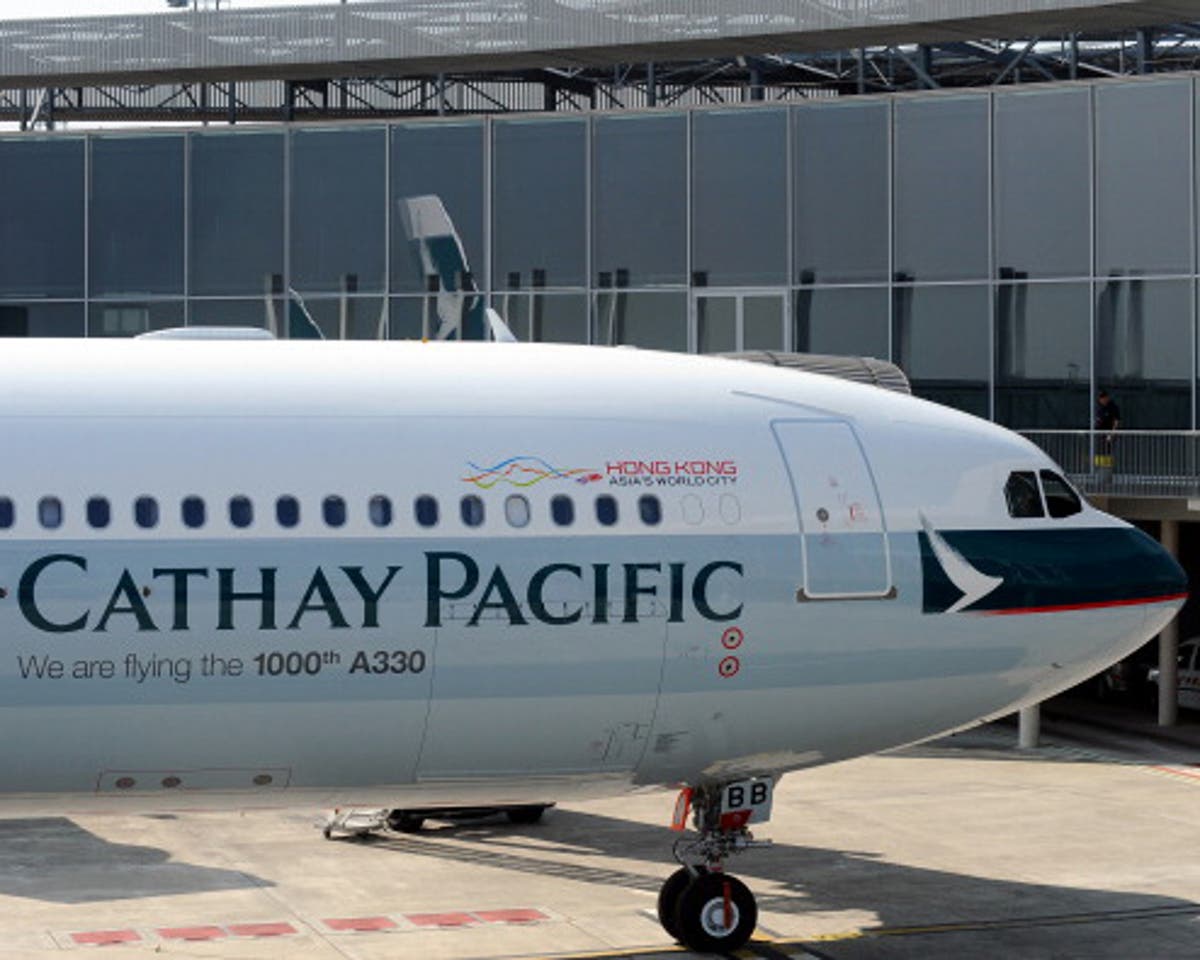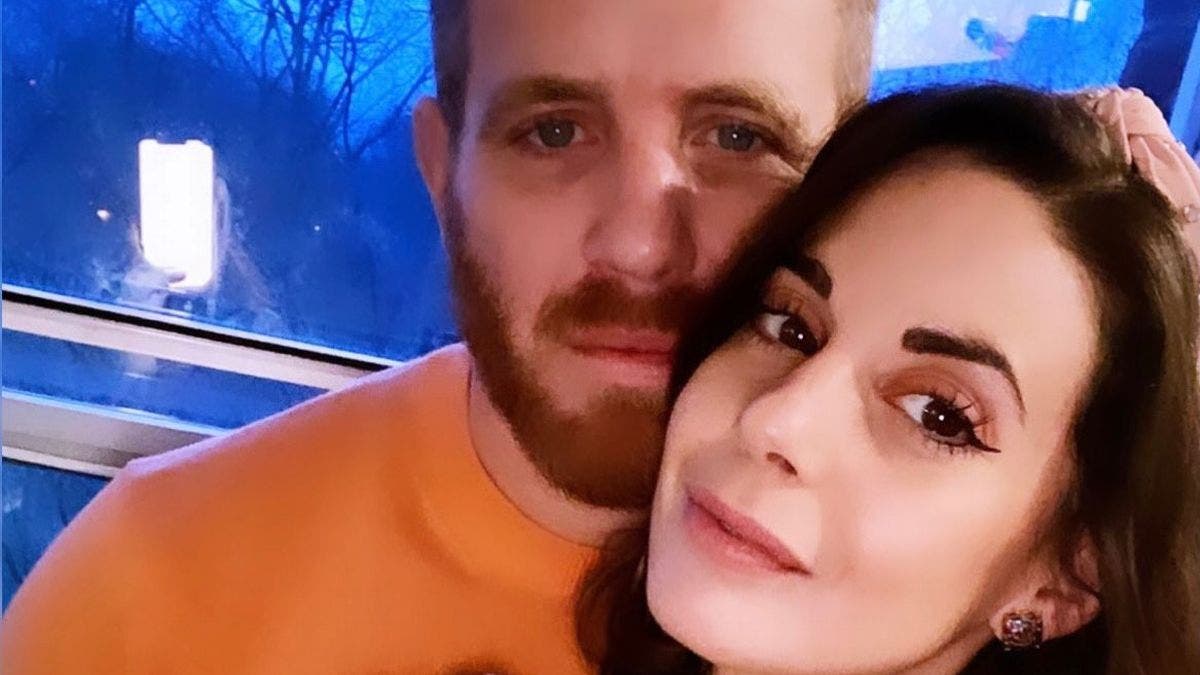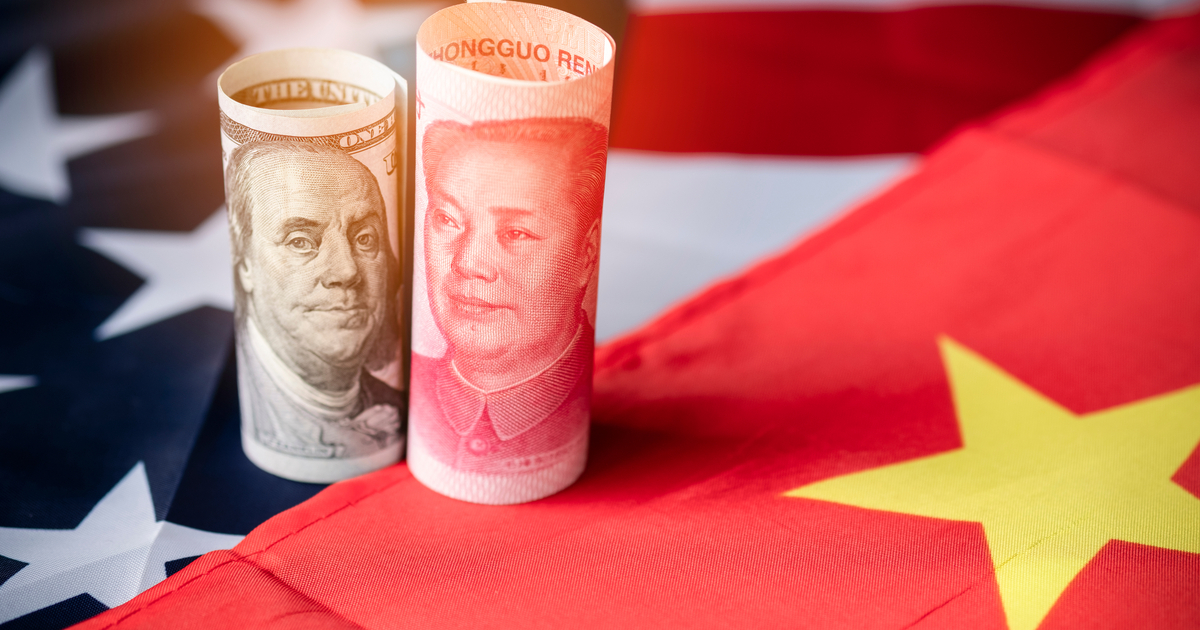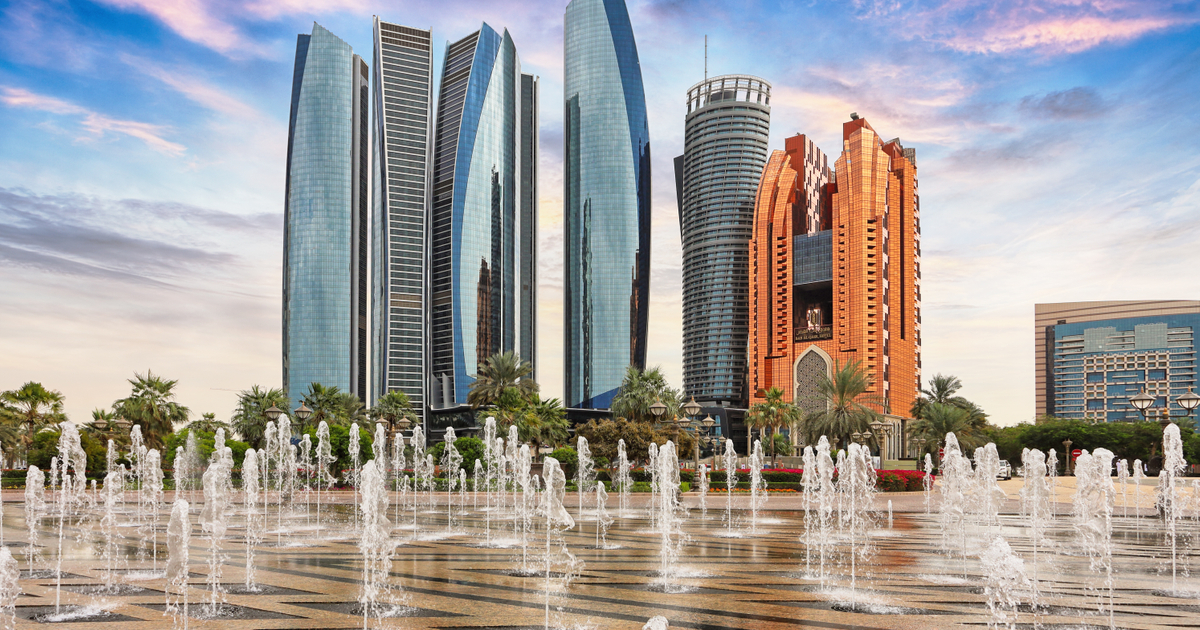EasyJet switches ‘green’ aviation focus from electric planes to hydrogen fuel
Passengers will get a 50p discount on hot drinks on board if they bring a reusable cup
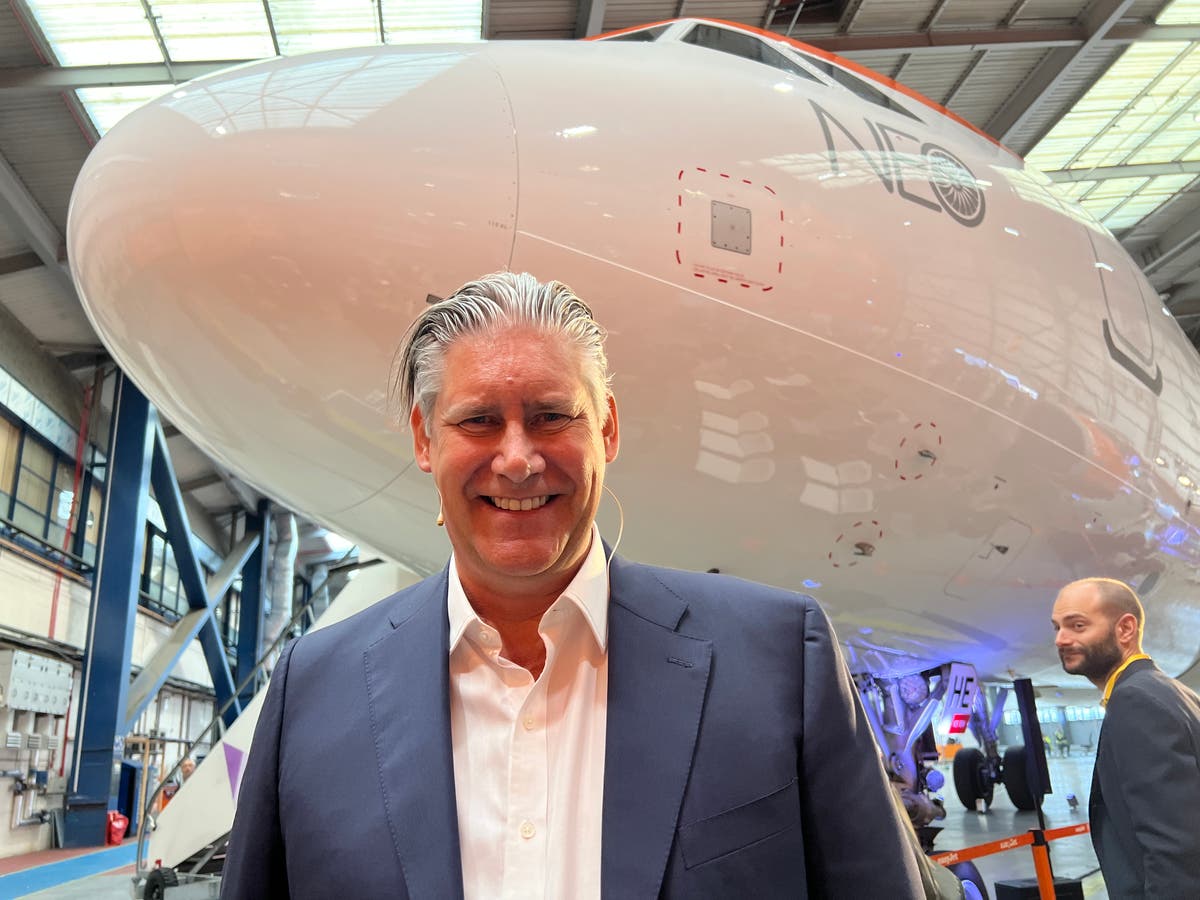
Britain’s biggest budget airline, easyJet, has switched its future focus from electric aviation to hydrogen fuel.
Chief executive Johan Lundgren has launched what he says is the carrier’s “most ambitious airline net-zero roadmap to date”.
Along with the engine-maker Rolls Royce, easyJet is making final preparations for its first hydrogen engine ground tests.
The aim is to have an “easyJet-sized aircraft” – carrying around 200 passengers – by 2035.
Previously easyJet had championed electric aviation, working with a US firm, Wright Electric, to promote battery-powered flight on short routes by 2030.
Mr Lundgren told The Independent: “We continue to also work with Wright Electric as well. But what we have said all along is that we are quite indifferent in terms of what technologies will be there.
“We know that electric might form part of the solution, with a hybrid solution, hybrid electric, and remember that an electric engine can actually use hydrogen as the energy source, so that’s not out of the picture at all.
“But I think right now, the most promising of these technologies is really the solution that Rolls Royce is working on.”
The CEO was speaking at an event in a hangar at easyJet’s Luton airport HQ. He said the ultimate aim was “zero carbon emission flying across our entire fleet”.
He said: “If you don’t transition to zero emission, the costs will only go in one direction.” But he vowed: “If you fly with easyJet, we will always offer a good price.”
The airline has called on the UK government “to deliver on its stated ambitions for UK airspace modernisation” and is lobbying for European Union governments “to finally deliver on the Single European Sky [SES] project for airspace modernisation”.
The SES plan for integration of airspace across Europe was agreed by transport ministers in 1999, but over two decades on has still not materialised.
More immediately, easyJet passengers will get a 50p discount on inflight hot drinks if they bring a reusable cup.
New crew uniforms will be made from recycled plastic bottles, which could prevent 2.7 million plastic bottles from ending up in landfill.
The airline says: “The garments are fashioned from a high-tech material that is made using renewable energy sources.”
Inefficient and noisy Airbus A319 aircraft largely used on UK domestic routes are to be replaced more efficient “neo” aircraft.

 JaneWalter
JaneWalter 







